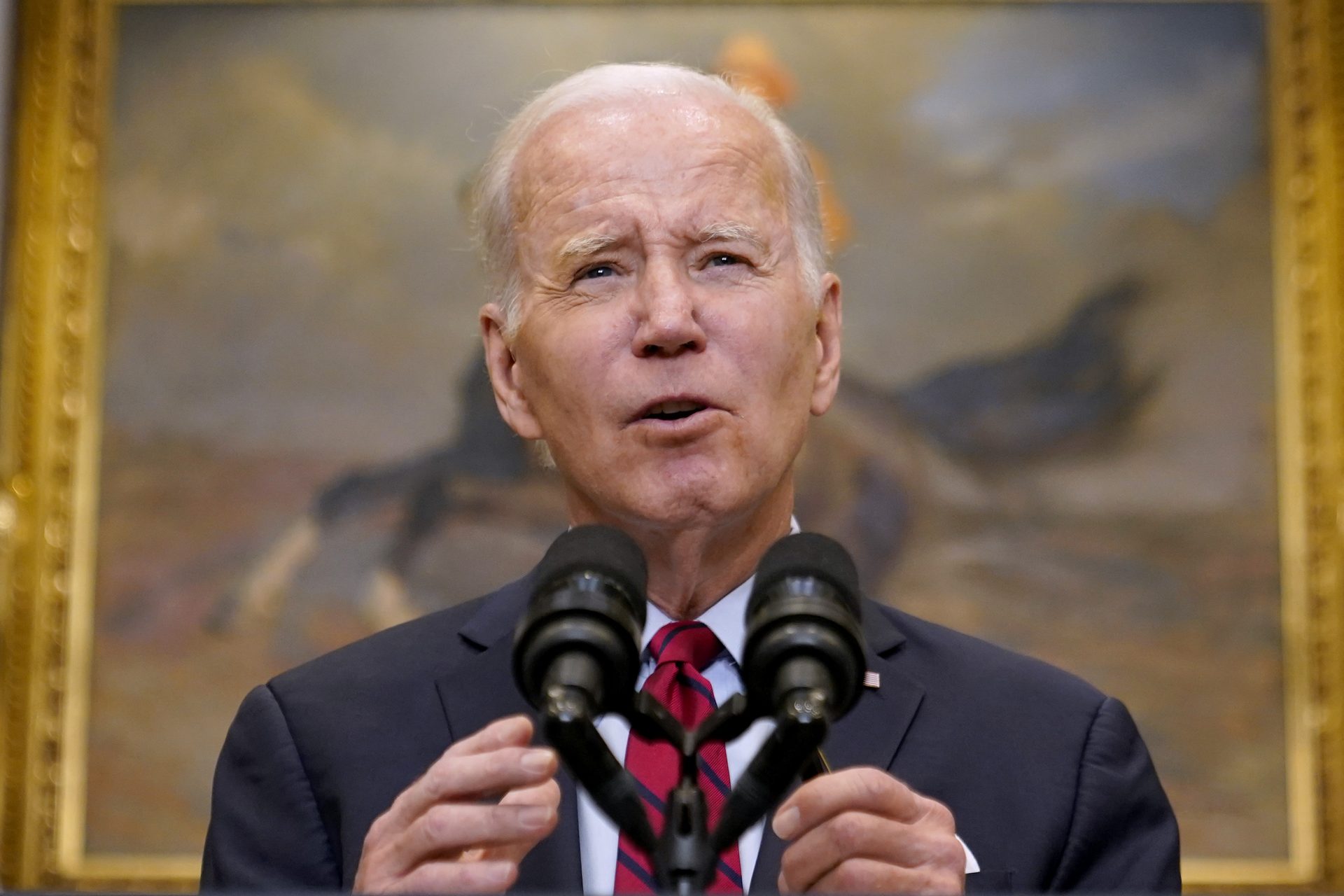MCALLEN, Texas – South Texas Health System GME Consortium will officially launch its family medicine residency program with an event at the Radisson Hotel McAllen Airport on April 12.
GME stands for graduate medical eduction.
The STHS GME Consortium was founded in 2022 with Dr. Youssef Majed, MD, brought in from Chicago to run the program as chief academic officer. It has been officially accredited by the Accreditation Council for Graduate Medical Education, a not-for-profit organization that sets and monitors voluntary professional educational standards deemed essential in preparing physicians to deliver safe, high-quality medical care to all Americans.
Majed said the GME Consortium was developed to offer graduate medical education residency and fellowship opportunities to medical students throughout the world, giving them a chance to receive specialized training in a medically underserved community. He said the program has been designed to help educate the next generation of physicians while providing much-needed access to healthcare to the communities STHS serves.
The event at the Radisson will run from 10:00 am to 12:00 noon on April 12.
The Rio Grande Guardian International News Service secured an exclusive video interview with Dr. Majed in February. In the interview, Majed said the family medicine residency program – which has been developed in partnership with Texas A&M University – would be the first of many specialized programs planned across South Texas Health System’s acute care facilities.
“This achievement is a testament to our commitment to providing exceptional medical education and healthcare services to the underserved communities in South Texas,” Majed said.
“The South Texas Health System GME Consortium Family Medicine Residency Program is proud to embark on this new chapter with the support of the ACGME. We look forward to continuing our mission of serving the healthcare needs of our community and producing outstanding family medicine practitioners.”
In the interview, Majed spoke about a shortage of physicians in Texas and the Valley. According to the Texas Medical Association, Texas’ ratio of 204.6 patient care physicians per 100,000 people is well below the national average, which stands at 247.5.
The Valley is projected to have the highest absolute need, Majed said. According to the Texas Department of State Health Services, the shortage of full-time equivalent primary care physicians in the Valley is expected to grow from 423 to 722 by 2030.
Which is why STHS’s Graduate Medical Education Consortium work is so important, Majed said.
Majed said the family medicine residency program will launch with ten first-year residents. It will then accept ten additional first-year residents each following year. By 2026, he said, the program will have 30 concurrent first-, second- and third-year residents
But that it is only the start, Majed said.
“Imagine, in five years if this vision is completed. And it will be completed. We will have about 300 physicians graduating every single year. Three hundred physicians. Now imagine those 300 physicians in various specialties,” Majed said.
Majed acknowledged that not everyone of those physicians will stay in the Rio Grande Valley, even though the need is huge.
“Some are going to return (to their home town). Some are going to go to neighboring hospitals. Some are going to go across the state and some across the nation. But look at the domino effect that we have created,” Majed said.
“But let’s talk about those who stay here. Out of the 300… I’m going to be very humble… I’m going to say 30 percent stay here. You’re talking about 90 physicians every year.”
Majed thanked the Guardian for coming by to cover his work.
“I am so happy that we’re putting the spotlight for the first time ever on the GME. Because what is unique about this is, we are the sponsoring institution, South Texas Health System. You’re talking about millions and millions of dollars that have already been put in ahead of time.”
Majed pointed out that traditionally a university sponsors a GME program because they have access to grant funding. “Here, it is going to be different. It is the first time that South Texas Health System is its own sponsor.”
Another thing the STHS consortium is working on, Majed said, is preventive medicine.
“Let’s say you are a smoker, and I’m waiting for you to develop cancer and become morbid and then develop great co-morbidities and chronic diseases. Why don’t I invest in you ahead of time? Yes, it’s gonna take a little bit of a money up front. But guess what, if you look at 10,15 years down the road, that’s gonna save you a lot,” Majed said.
“Besides the economics, I’m gonna save a person. That person is loved by their family. They’re going to be able to play with their kids. The lifestyle to the end of the ten years will be much better, more independent. And this is what we look. Nobody wants to be washed and looked after, etc., by other people. So there is a huge impact on the outcome of the patient care when you have the specialists in there.”
Here is the video recording Dr. Majed:
The post STHS’s GME Consortium set to officially launch its family medicine residency program appeared first on Rio Grande Guardian.
 (2).png)
 5 months ago
166
5 months ago
166









 English (US)
English (US)